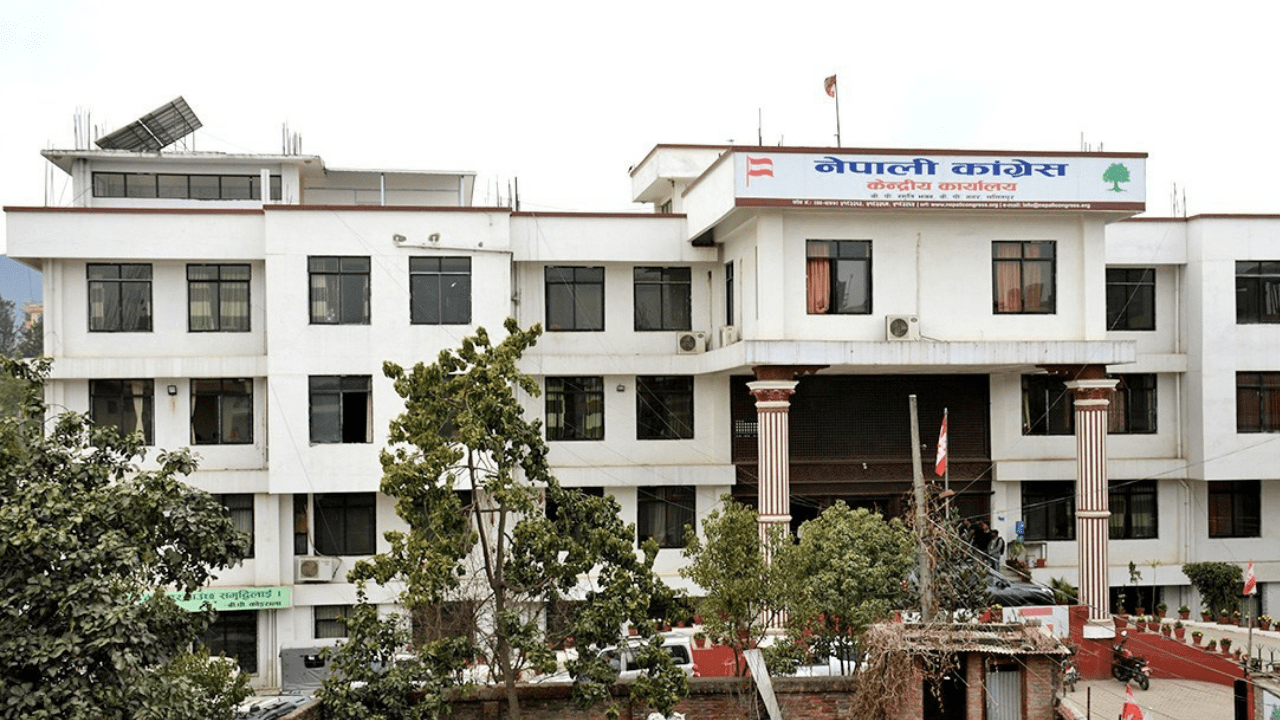

Joint General Secretary of the Nepali Congress, Mahalaxmi Upadhyay (Dina), has insisted on ensuring 50 percent of women candidacies in the direct electoral system, constitutionally.
In her address to a daylong Bagmati Province-level orientation on ‘Equal Participation of Women in Electoral System: Current Issues and Guarantee of Women Representation’ here today, she said 50 percent participation of women in each State’s apparatus is not achievable only through the encouragement of women engagement in politics through the proportional electoral system.
“The Nepali Congress has played a significant role in establishing women in politics. However, 50 percent participation of women in the party’s decision-making level has been a long wait. Dwarika Devi Thakurani, the first women minister in the entire South Asia was from the Nepali Congress. Women contributed significantly to the 2006 people’s movement. Now time has come to ensure their 50 percent women’s candidatures from each party in the first-past-the-post electoral system,” she said.
Despite contributing largely to each political movement in the country, the rights of women have not been adequately institutionalized as their presence in the decision-making levels is negligible, according to the leader. As she said, women’s rights to property and equal lineage have not been institutionalized under various structural and social circumstances.
Stating that the first 2008 Constituent Assembly had 34 percent women’s participation, she said women’s political representation and access gradually fell due to the growing culture of an electoral alliance.
Also speaking at the programme, Pushpa Bhusal, the NC central member, said women should unite to claim their stake in each level of the State, and women leaders should be ready to deliver in the best interests of the citizens.
“One should be active in the party with people-friendly approach and goal. Then, capacity should be developed to be established in every social forum. Women’s leadership cannot be achieved only from the development of physical infrastructures. There will be no sufficient activities for the women’s representation until the issues of women’s economic equality and educational status are forwarded”, she shared.
Likewise, lawmaker and NC central committee member Sarita Prasain viewed that constant struggle was needed to establish women’s representation.
She mentioned, “There is no representation of women even in cabinet as guaranteed by the constitution and law. Struggle is still necessary for the women’s representation. Women should make themselves capable to establish in politics. An environment should be created